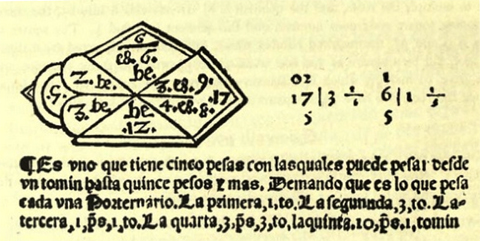
The Primeros Libros project is thrilled to announce the incorporation of two new partner institutions: the Biblioteca General Histórica at Spain’s prestigious University of Salamanca, and Mexico’s Biblioteca Francisco de Burgoa at the Beinto Juárez Autonomous University of Oaxaca. These two new additions bring the total number of Primeros Libros partner institutions to 17.
The Primeros Libros project, of which the University of Texas Libraries and Benson Latin American Collection are founding members, seeks to digitize the first books published in the Americas, focusing initially on works published in Mexico in the 16th century. Each participating member library is entitled to a full set of the digitized exemplars of all partners as part of the project’s innovative preservation and access strategy. The project inventory currently includes 248 exemplars.
The University of Salamanca will bring 11 exemplars to the project, including five titles not previously covered by the project. One of these is the Sumario Compendioso de las Cuentas de Plata y Oro que en los reinos del Perú son necesarias a los mercaderes y a todo género de tratantes. Published in Mexico City in 1556. The Sumario Compendioso is the first non-religous text produced in the Americas and the first scientific text published outside of Europe. It was written primarily for merchants and miners involved in the silver and gold trade out of Mexico and Peru as a practical guide to help them manage their transactions, a sort of early precursor to the calculator. The Sumario contains tables that made it easier for merchants to get numerical values without having to do extensive calculations by hand, but there are also sections on algebra and quadratic equations.
The addition of the University of Salamanca’s digitized version of the Sumario Compendioso to the Primeros Libros project is also important in terms of the repatriation of cultural patrimony to Mexico, one of the key goals of the project, since there are only three known surviving copies of the book in the world, none of which is in Mexico (the Salamanca copy, one at the British Library, and one at the Huntington Library in Los Angeles). All seven Primeros Libros partner institutions in Mexico will now be able to feature this digital copy of the Sumario Compendioso as part of their local collections.
The Biblioteca Burgoa brings nine additional exemplars to the project. One of these, the Institución, modo de rezar y milagros e indulgencias del Rosario de la Virgen María, represents the only copy of this work in the project to date.
On September 19 and 20, the Biblioteca Burgoa will be hosting the annual Primeros Libros Partner Meeting in Oaxaca. The program for the Oaxaca meeting includes presentations by Benson-LLILAS Digital Curation Coordinator Kent Norsworthy and University of Texas at Austin School of Music professor Dr. Lorenzo Candelaria.

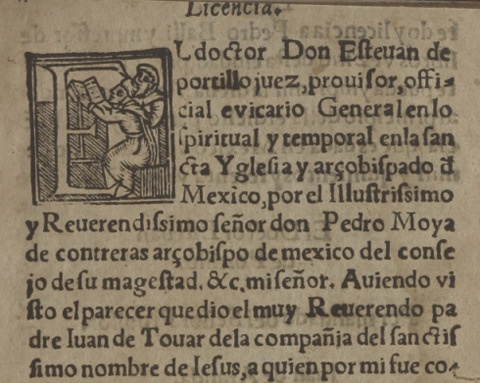
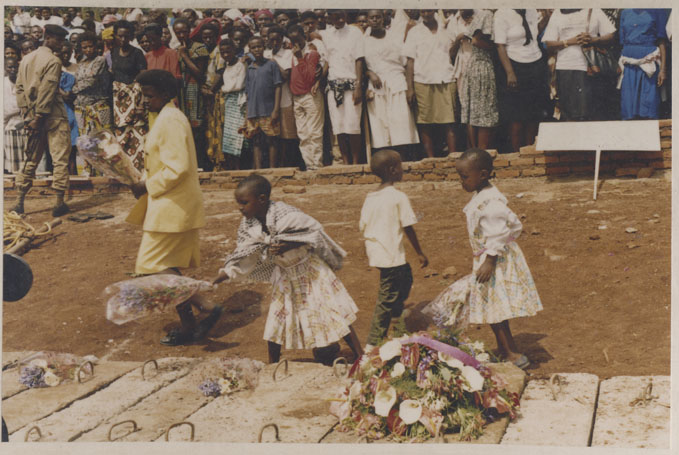
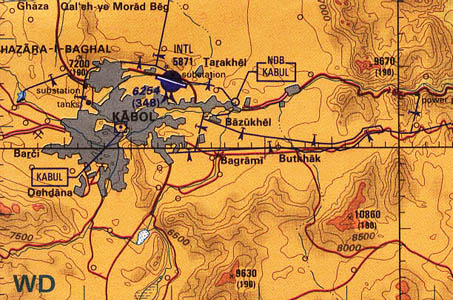 The Perry-Castañeda Library Map Collection gets a lot of use.
The Perry-Castañeda Library Map Collection gets a lot of use.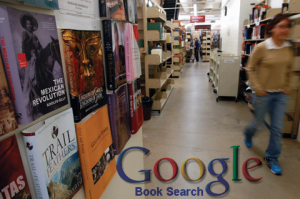 We can officially celebrate the completion of the Benson component of
We can officially celebrate the completion of the Benson component of